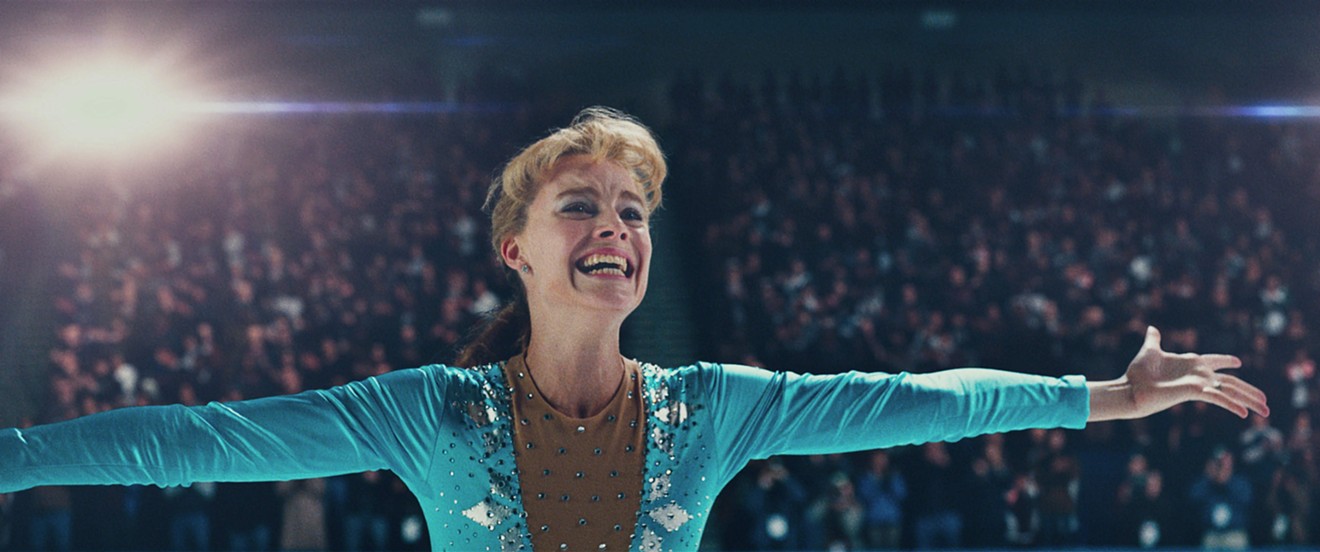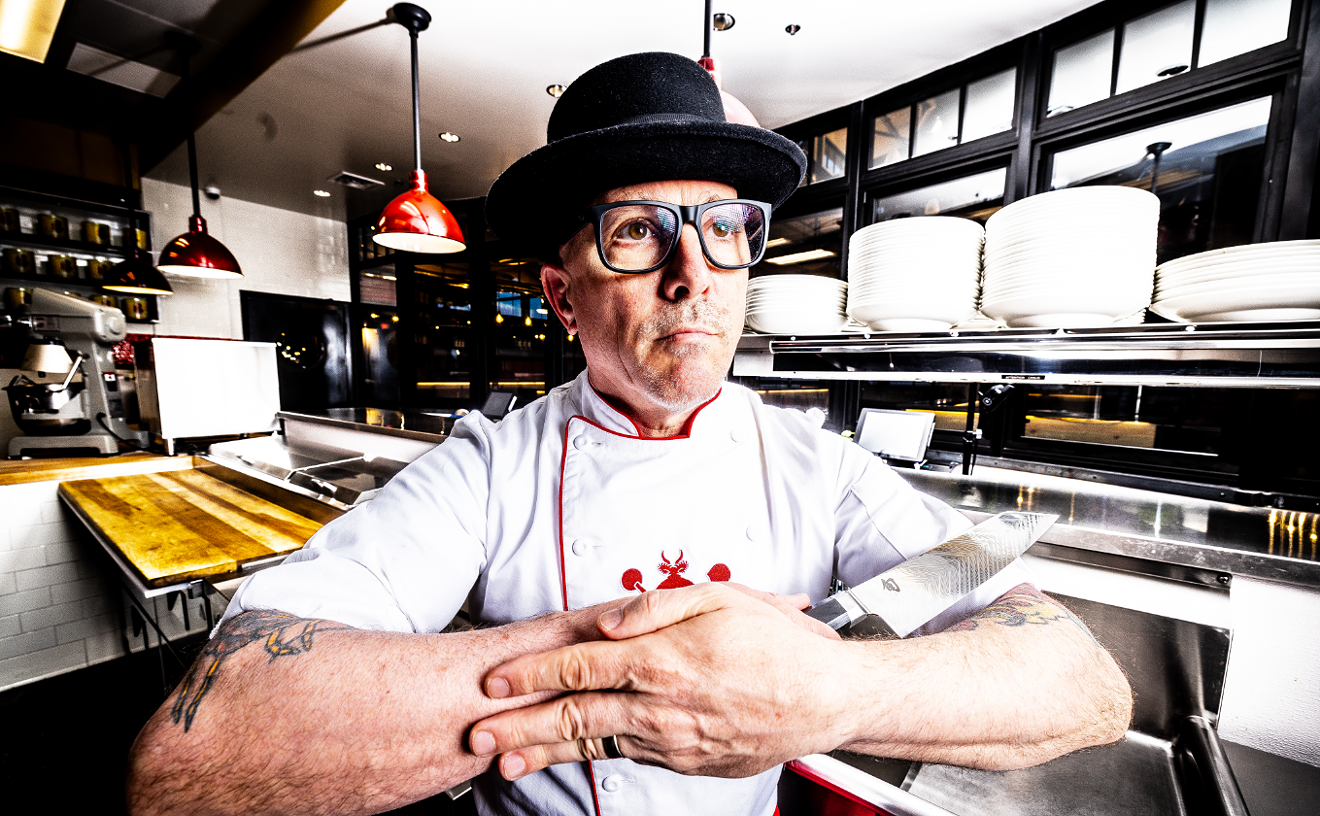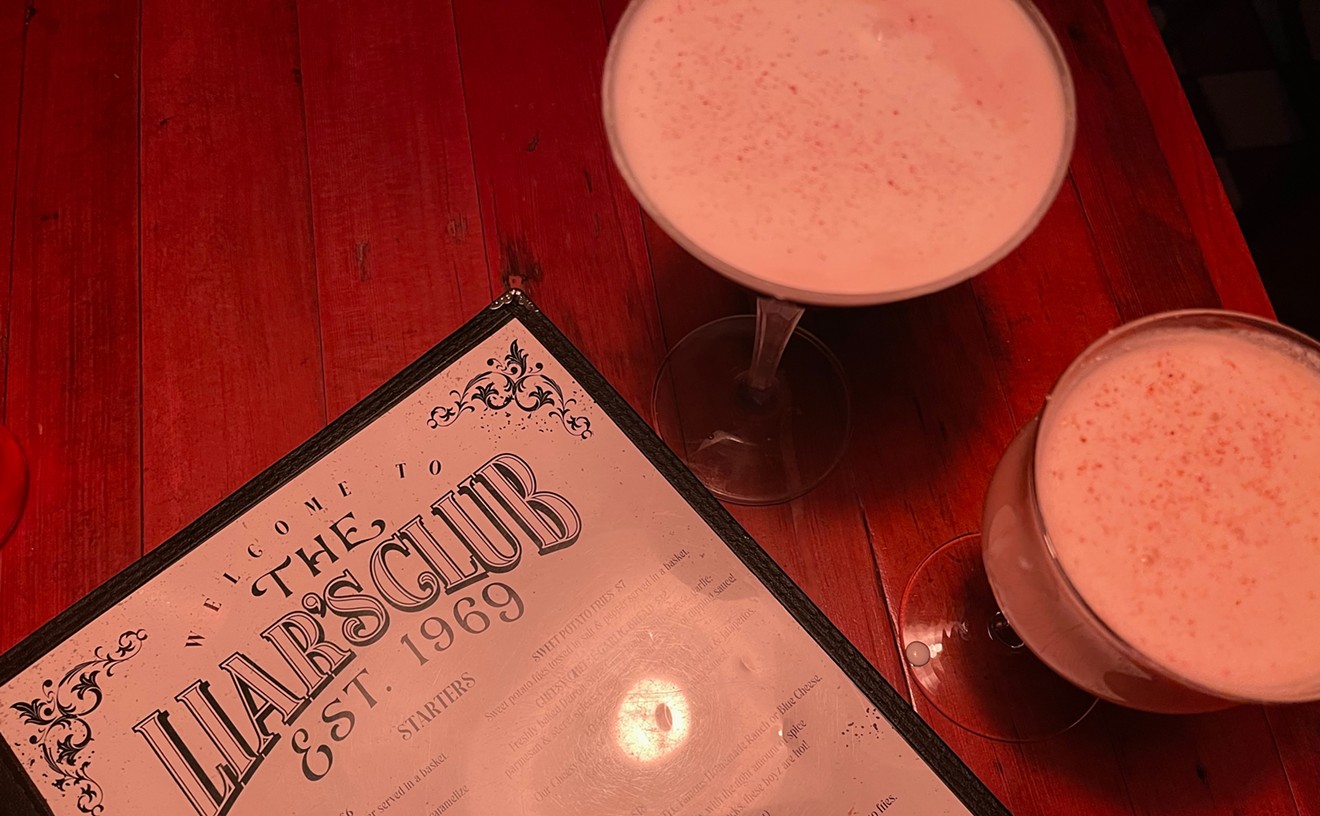Craig Gillespie’s raucous Tonya Harding biopic, I, Tonya, could have been made for me. As a kid, I had aligned with Harding — she looked like the America I knew, the girls who were proudly brash but still had a hope that merit could shoot them up the class ladder, even if they knew deep down the likelihood was slim. Harding has never acted the way the country thought she should act. When she was busting out triple axels, she skated to pop and rock songs and smirked with satisfaction when she racked up the 5.9s, all while her primped and slender sister skaters acted as the humble beauty queens. Her poofy bangs and garish blue eye shadow? None of that fit in with the rich girls.
Now, Gillespie’s film isn’t all #TeamTonya or #TeamTruth — will we ever know the full, real story? Gillespie doesn’t pretend to be definitive. Instead, he spins the tragedy of Tonya Harding and Nancy Kerrigan into a searing indictment of America’s obsession with “America” and the ways that public opinion can be irreparably warped by sensationalist news media. Those expecting camp or catfights won’t find them in Gillespie’s movie, which instead offers thoughtful and somewhat objective critiques, plus much seriously dark humor that’ll elicit a lot of uncomfortable gasps of laughter — and invites you to ponder difficult truths.
To write the script,writer/producer Steven Rogers traveled up to Oregon, where Harding still resides, and captured interviews with her and ex-husband/possible co-conspirator Jeff Gillooly, as well as family members and associates. The film unfolds as a kind of collage of these dramatized interviews with re-enactments — starring Margot Robbie and Sebastian Stan as Tonya and Jeff — that regularly smash the fourth wall and span Harding’s youth all the way up to and past … “the incident.” (That’s what everyone in the film ominously calls it.) Yes, you will see Kerrigan scream out — “Why?!” — but Gillespie’s story becomes about a different physical abuse, that of Harding’s, first at the hands of her mother LaVona Golden and then at Gillooly’s. Using Harding’s own words infuses the story with devastating honesty devoid of sentimentality. Gillespie never slides into condescending melodrama because Harding herself speaks of the violence matter-of-factly, sometimes almost humorously. That, I should add, is no cheapening of the subject — it’s how quite a few women in real life actually cope with their abuse.
LaVona (Allison Janney) spends her waitress salary to push her 3-year-old Tonya into private lessons on the ice, even though coach Diane Rawlinson (Julianne Nicholson) insists Tonya is too young. (“She’s a soft 4,” LaVona replies.) It’s not long before little Tonya is kicking ass and placing in competitions while mom sucks down some whiskey on the sidelines, screaming at Tonya to work harder. Any kid who has been the great hope of their poor, uneducated family can identify with that pressure (and embarrassment). Gillespie seems both fascinated and repulsed by LaVona, and you’ll likely join her in that. But this hard-edged woman is made sympathetic by her whip-smart retorts and her will to survive; she works day and night to pay for lessons and hand-sews skating costumes. Of course, that does nothing to mitigate the toll of her emotional and physical abuse on Tonya but does make her a more complex character, made even more compelling by Janney’s barbed, wild-eyed performance.
The actors don’t just re-enact the incidents described in the interviews the filmmakers conducted. They re-enact the interviews themselves, so we see Robbie as the adult Tonya, dragging on a cigarette, proclaiming her “white trash” heritage. This Tonya is raw but cautious — she’s been burned by the press before. Gillespie then drops us in a scene of burgeoning young love: Teens Tonya and Jeff stand in the cold, working on his car, before Dire Straits’ “Romeo And Juliet” plays softly in the background, and they share a kiss. But despite that romantic music, the film flows immediately to vignettes of abuse — Jeff smacking Tonya’s face in a truck and shoving her head into a wall — interspersed with their making love, as Tonya’s voice-over explains, “He was the first boy I ever loved. … The only catch was he beat the living hell out of me.”
Then Tonya delivers the film’s funniest line, interrupting her own story to say: “Nancy gets hit one time, and the whole world shits. … For me, it’s an all-the-time occurrence!” I gasp-laughed, then couldn’t stop thinking about it. It’s possible for two things to be true simultaneously — that Nancy Kerrigan shouldn’t have been hit that one day and that Harding shouldn’t have been hit every day of her life. But this one statement exposes the hypocrisy of American news media, which would rather paint the portrait of a beautiful, pristine woman whose hopes have been dashed by a nasty little wretch than use its resources to find out the reality of Harding’s situation — that she, too, is a victim.
Gillespie’s film makes me root for Tonya. When she stubs out her cigarette and struts onto the ice, nailing every jump to a ZZ Top hit, I felt exhilarated. Robbie strikes the perfect balance of sweet/jaded/bratty/hopeful, toe-picking into one emotion and swiftly skating off to the next. At one point in time, Tonya was the best figure skater in the world, and the power of her performances was mesmerizing. In the film, a few of the characters even pause the narrative to explain why it was so important that she was the first American woman to land a triple axel in competition. “Most people don’t even understand how insanely difficult it is to attempt a triple axel,” Bobby Cannavale’s smarmy Hard Copy producer character says. “There’s a reason no one was doing it.” One of the most beautiful moments comes during Harding’s dramatized interview. Robbie as Tonya has just reminisced about the day she landed her first triple axel. She’s smiling, seemingly off in a different place. Then she wipes at her eyes and ashes her cigarette, saying, “Sorry, no one ever asks me about that anymore.” I, Tonya ensures that they will.
[
{
"name": "Air - MediumRectangle - Inline Content - Mobile Display Size",
"component": "18478561",
"insertPoint": "2",
"requiredCountToDisplay": "2"
},{
"name": "Editor Picks",
"component": "16759093",
"insertPoint": "4",
"requiredCountToDisplay": "1"
},{
"name": "Inline Links",
"component": "17980324",
"insertPoint": "8th",
"startingPoint": 8,
"requiredCountToDisplay": "7",
"maxInsertions": 25
},{
"name": "Air - MediumRectangle - Combo - Inline Content",
"component": "16759092",
"insertPoint": "8th",
"startingPoint": 8,
"requiredCountToDisplay": "7",
"maxInsertions": 25
},{
"name": "Inline Links",
"component": "17980324",
"insertPoint": "8th",
"startingPoint": 12,
"requiredCountToDisplay": "11",
"maxInsertions": 24
},{
"name": "Air - Leaderboard Tower - Combo - Inline Content",
"component": "16759094",
"insertPoint": "8th",
"startingPoint": 12,
"requiredCountToDisplay": "11",
"maxInsertions": 24
}
]











